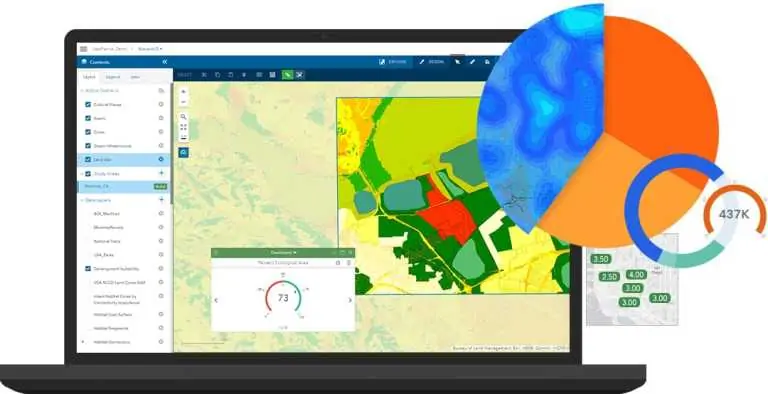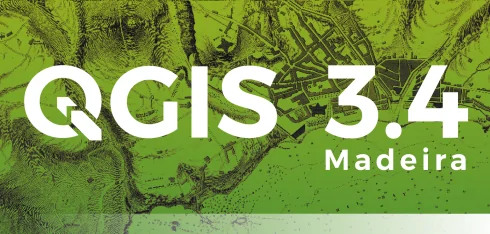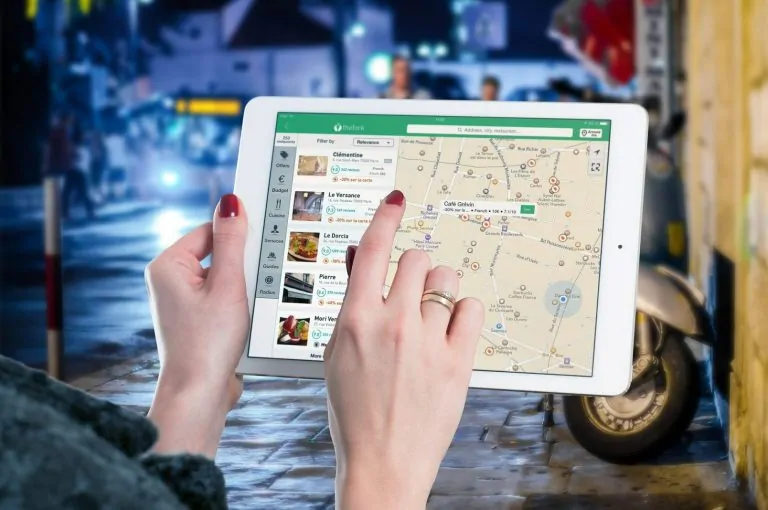It has been a while since I discussed GIS career growth or GIS development career in general. I often assume that this topic is well-known when conversing with others, as it appears to be self-evident. However, I have come to realize that what may seem obvious to me may not be so for everyone. There are numerous aspects that we may believe we have adequately addressed, only to discover in a real-life scenario that it was merely speculation.
Today, I want to discuss career growth in this sector(it might apply to all sectors ). For Example, I could label myself as a GIS Developer, GIS Consultant, GIS User etc but there is more to life than these labels. What matters is what you know or can do. The industry has changed; no one wants to know how many certificates you got while schooling or what charity work you participated in those days. In today’s interviews, you are presented with a real test to handle. If you don’t understand that sh!t, you are out. Anyway, let’s stick to the point. How do you grow your GIS development career?
In today’s digital age,
Geographic Information Systems (GIS) have become integral tools for businesses, governments, and organizations worldwide. From urban planning and environmental management to logistics and marketing, GIS technology plays a crucial role in analyzing spatial data and making informed decisions. As the demand for geospatial solutions continues to rise, there’s never been a better time to embark on a career in GIS development.
GIS development encompasses the creation, implementation, and maintenance of geospatial software and applications. GIS developers leverage their programming skills to build interactive maps, conduct spatial analysis, and develop custom solutions tailored to specific needs. By harnessing the power of GIS technology, organizations can visualize complex data sets, identify patterns, and derive actionable insights to drive innovation and efficiency.
Work Yourself Out
Every day on socials, I see posts such as “
Started on Python programming. Yaaah” or “
Introduction to Data Science course today” or “
100 days of code” etc. These posts are meant to warm your heart as you start the never-ending journey in programming and GIS system development. Funny enough, very few continue posting this stuff on socials after one year. Why?
Most quit. Why?
Well, because of many issues.
System development isn’t for the faint-hearted individuals. If you ever met someone who told you programming is easy, I don’t know what to call them, but at least they helped you dive in. Only to realize that it’s not easy years later(If you never quit). This task requires commitment, consistency and focus.
In this regard, you are required to utilize any free time you get in the day or the evening. Maybe tea breaks, lunch breaks, after work etc. You need to understand data processing techniques, data formats, data structures, data publishing, databases, various libraries etc. In short, you need to work hard to master the skill.
Interestingly, it just takes a little while before you are confident with stuff. It took me about 3 months to understand what is contained within the field and what I needed to do. If this is done right, you will realize the benefits over a short period and might consider venturing into new opportunities along this path.
Read, Practice and Share
At the start of your GIS development career, you will do a lot of research. Whichever the source, format or mode of the materials you use, you end up being a library by yourself. There are many instances you will be frustrated by bugs in your code or even a lack of resources online. This moment presents a very good opportunity to do research, practice and document your findings to avoid this from happening to you in the future.
What happened or will happen to all the documentation you have since you started? They usually say, there is joy in the hustle and if we extend it, there is more joy in sharing. Sharing is a form of learning and marketing. It’s like you are killing two birds with one stone. If you share you learn, and if you learn, you get better.
The fruits of sharing content are many and enormous. You might end up getting your dream job by sharing content. Have a channel for tutorials, a blog, podcasts etc. I started
my channel to share codes and tutorials on GIS development to help other users easily and effectively. You can also present at workshops, conferences, exhibitions and many other ways that may be available for you. Also, you can act as a mentor or coach to individuals, groups etc.
There are so many GIS-related workshops and conferences in the world such as the QGIS user groups, ESRI developer summits and networks, FOSS4G etc. In this manner, you reach out to the world full of possibilities.
Take Lead
If you’re good at what you do, you shouldn’t turn down opportunities that can elevate you to be great. Be it a small group or a big group, a journey of a thousand miles starts with a single step and it’s never too late to start. There are benefits to being in leadership. You get to grow your skills even more.
Think of a very good developer or analyst who cannot demo in a hall full of 100 people. Really? What’s that? One may claim that they’re developers and not marketers or salespeople but, my friend, learn to exercise interpersonal skills within your career.
In most cases, if you take the lead in an initiative, group and/or community, you grow skills and you are offered various opportunities for networking which is vital in any career growth. Join professional groups or associations to help yourself grow.
Set Goals
I’m a big fan of this. Having your goals set out and analyzed, you will be able to plan yourself and remain focused. Digressing along the way is a common trait for many. As a developer, you should be able to measure your successes based on set goals or milestones. Along the way, you will learn a lot of new stuff which acts as building blocks to your career. However, this “new stuff” needs to be organized in a manner that they don’t mislead or lure the main goals.
Similar to carrying out a project with Phase 1, Phase 2 and Phase 3, treat yourself as a project and good things await you ahead.
Take Risks
In life, you have good and bad moments. They keep interchanging themselves. Be ready to leave your comfort zone and focus on bigger projects, work or even roles. Things might not feel right but you got to trust yourself at times. I’m not trying to say that you quit your job and try to be self-employed or turn down clients’ work since they don’t have enough budget. Who knows, maybe you need to do it.
Remember, you miss 100% of the opportunities you never take.
Planning to get into programming or being a developer itself is a risk. If you feel okay about it, forge ahead. Trusting yourself and going for it might be the only barrier between the “current you” and your goals. You will risk your money in purchasing books, materials, software and hardware to make yourself better. In one way or another, when your moment to “blow” comes, all the risks you took will just be mere stories of the past.
I know I have not exhausted the list of things one needs to do to grow their GIS development career. This is because they vary from one individual to another. Kindly share what you are doing or did to grow your career.
Also, if you need some details on how to kick-start your GIS development career, you can refer to this
video and if you are wondering how you could get jobs in this career, try the methods shared in the
Ways to find a GIS job tutorial.
Cheers!







How to Grow Your GIS Development Career